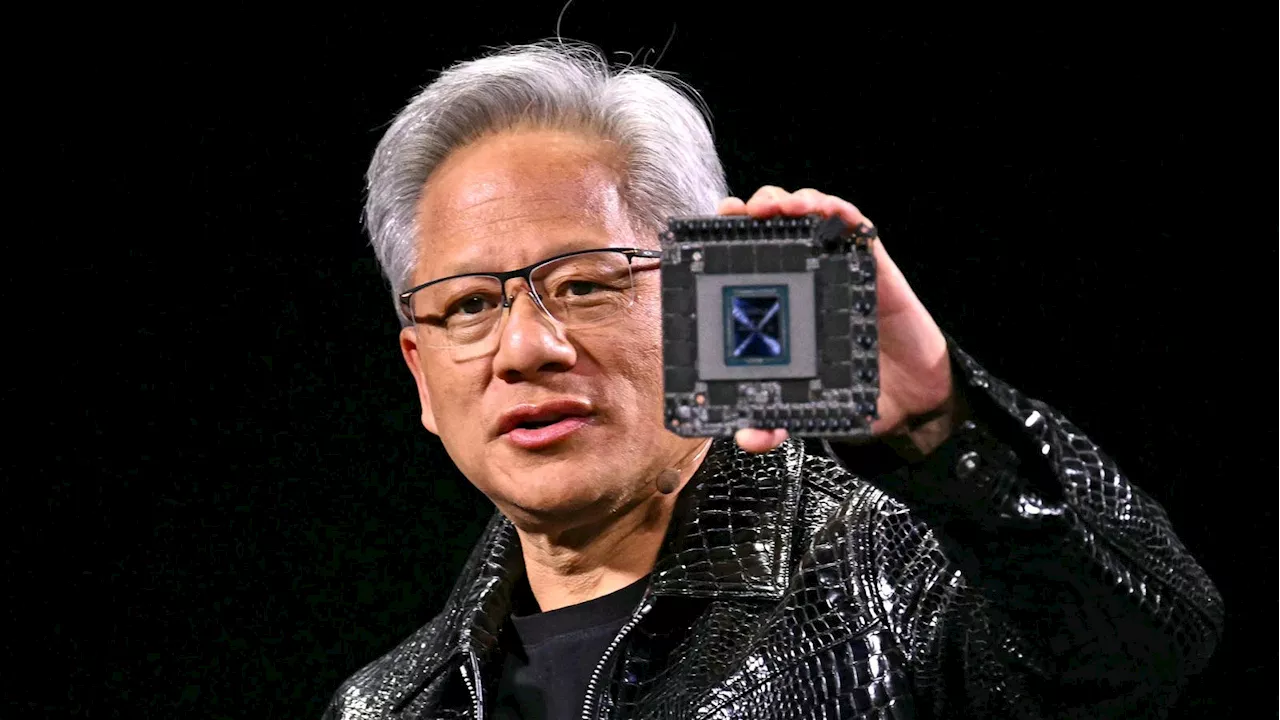Can we put a pause on the AI Cold War narrative? The true star in this story is open source AI.
in the ongoing U.S.-China AI rivalry. But the real story, according to experts like Yann LeCun, is about the value of open source AI. , a little known Chinese company, at a fraction of what it cost OpenAI to build its own models — has sent the AI industry into a frenzy for the last couple of days. When the news about DeepSeek-R1 broke, the AI world was quick to frame it as yet another flashpoint in the ongoing U.S.-China AI rivalry.
While LeCun’s argument may seem simple, its message is far weightier than it appears on the surface: DeepSeek R1 didn’t emerge from a vacuum. It built on the foundations of open-source research, leveraging previous advancements like Meta’s Llama models and the PyTorch ecosystem. DeepSeek’s remarkable success with its new AI model reinforces the notion that open-source AI is becoming more competitive with, and perhaps even surpassing, the closed, proprietary models of major technology firms.
But according to Manu Sharma, cofounder and CEO of Labelbox, “innovations in software are very hard to keep closed-source in today’s world. Almost every foundational piece of technology in AI is open source and has gained large mindshare.” Andy Thurai, VP and principal analyst at Constellation Research, noted in his Weekly Tech Bytes newsletter on LinkedIn that DeepSeek’s efficiency will inevitably put downward pressure on AI costs. “If it is proven that the entire AI software supply chain can be done cheaply using open-source software, many startups will take a hit. VCs will stop writing blank checks to start-ups that have generative AI on their pitch deck.
Syed Hussain and Neil Benedict, co-founders of Shiza.ai, expressed significant concerns about both the technical claims and potential security implications of DeepSeek. Both Hussain and Benedict viewed DeepSeek not as merely a company competing in the market, but as potentially part of a broader Chinese state strategy that might be aimed at disrupting the U.S. AI industry and market confidence.
However, Thurai emphasized the transparency problem in AI models, regardless of origin. “When choosing a model, transparency, the model creation process, and auditability should be more important than just the cost of usage,” he said.
Closed Source AI AI Cold War Openai Privacy AI Price War AGI Nvidia Stocks Deepseek-R1
United States Latest News, United States Headlines
Similar News:You can also read news stories similar to this one that we have collected from other news sources.
 DeepSeek vs. ChatGPT: Hands On With DeepSeek’s R1 ChatbotDeekSeek’s chatbot with the R1 model is a stunning release from the Chinese startup. While it’s an innovation in training efficiency, hallucinations still run rampant.
DeepSeek vs. ChatGPT: Hands On With DeepSeek’s R1 ChatbotDeekSeek’s chatbot with the R1 model is a stunning release from the Chinese startup. While it’s an innovation in training efficiency, hallucinations still run rampant.
Read more »
 China: AI’s Sputnik moment? A short Q and A on DeepSeekOn 20 January the Chinese start-up DeepSeek released its AI model DeepSeek-R1.
China: AI’s Sputnik moment? A short Q and A on DeepSeekOn 20 January the Chinese start-up DeepSeek released its AI model DeepSeek-R1.
Read more »
 DeepSeek Panic Live Updates: Nvidia Stock Rebounds 6%—And Why Apple Stock Is RallyingApple is a 'winner' as DeepSeek reshuffled American tech stock leadership, according to Morgan Stanley.
DeepSeek Panic Live Updates: Nvidia Stock Rebounds 6%—And Why Apple Stock Is RallyingApple is a 'winner' as DeepSeek reshuffled American tech stock leadership, according to Morgan Stanley.
Read more »
 DeepSeek's Open-Source AI Model Challenges OpenAI and Redefines Global InnovationThe US export controls on advanced semiconductors, intended to slow China's AI progress, have unintentionally spurred innovation. DeepSeek, a Chinese AI company, has released its open-source DeepSeek-R1 model, which rivals OpenAI's performance and demonstrates China's commitment to transparency and global collaboration in AI development.
DeepSeek's Open-Source AI Model Challenges OpenAI and Redefines Global InnovationThe US export controls on advanced semiconductors, intended to slow China's AI progress, have unintentionally spurred innovation. DeepSeek, a Chinese AI company, has released its open-source DeepSeek-R1 model, which rivals OpenAI's performance and demonstrates China's commitment to transparency and global collaboration in AI development.
Read more »
 DeepSeek: A Promising AI Chatbot with Serious ConcernsDeepSeek, a Chinese-developed AI chatbot, offers impressive features comparable to ChatGPT. However, concerns arise regarding data privacy, potential censorship, and its history of misrepresentation.
DeepSeek: A Promising AI Chatbot with Serious ConcernsDeepSeek, a Chinese-developed AI chatbot, offers impressive features comparable to ChatGPT. However, concerns arise regarding data privacy, potential censorship, and its history of misrepresentation.
Read more »
 How China’s new AI model DeepSeek is threatening U.S. dominanceAn AI lab out of China has ignited panic in Silicon Valley after releasing impressive AI models more cheaply and with less-powerful chips than U.S. AI giants.
How China’s new AI model DeepSeek is threatening U.S. dominanceAn AI lab out of China has ignited panic in Silicon Valley after releasing impressive AI models more cheaply and with less-powerful chips than U.S. AI giants.
Read more »
